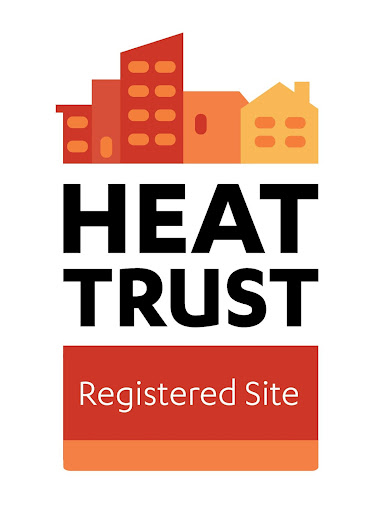Ground source heat pump infrastructure solutions
Optimise the costs to make long-term benefits real.
To heat our homes in the 1960’s and 1970’s, we switched from towns gas to natural gas, which was cheaper, safer, and more efficient.
It is now the 21st century’s turn to make the transition to a greener, safer, and cheaper fuel.
We’re already doing this today in the newbuild, non-domestic and council/social housing spaces.
If you’re looking to include the best form of heating in your development, but want to minimise upfront cost.
The split ownership approach has been developed to support the rollout of networked heat pumps
Fully scalable ground source heat pump deployment
Around 20% of the UK’s emissions come from heating, which is where heat pumps could play a pivotal role in decarbonizing it. The Government has a commitment to install 600,000 heat pumps per year by 2028.
The UK has an estimated 27.8 million households; to effectively reach these targets, there must be a robust and efficient deployment strategy.
Networked Heat Pumps/Ambient Loop Heat Networks are not a new concept, but to date they have not emerged as a mainstream solution.
A major barrier to networked heat pump deployment is their high upfront cost. Kensa Utilities can eliminate these costs through their split ownership model.
Homeowners, landlords, and developers will not have to pay the substantial upfront costs for the shared ground array as Kensa Utilities will fund, own, and operate it.
Practical solutions
As a company that designs, installs, and operates networked heat pump solutions at scale, Kensa has considered the practical implications of bringing this solution to the market.
Based on a Whole Life – Whole Cost Benefit Analysis, Ambient Loop Networked Heat Pumps are the lowest cost, lowest carbon decarbonisation pathway, particularly in dense urban areas. The model allows entire streets to quickly switch to the technology.
Communities could switch to renewable heating when they are ready by installing the underground infrastructure required for ground source heat pumps a whole street at a time. As with the original gas grid rollout, this would take place over time.
